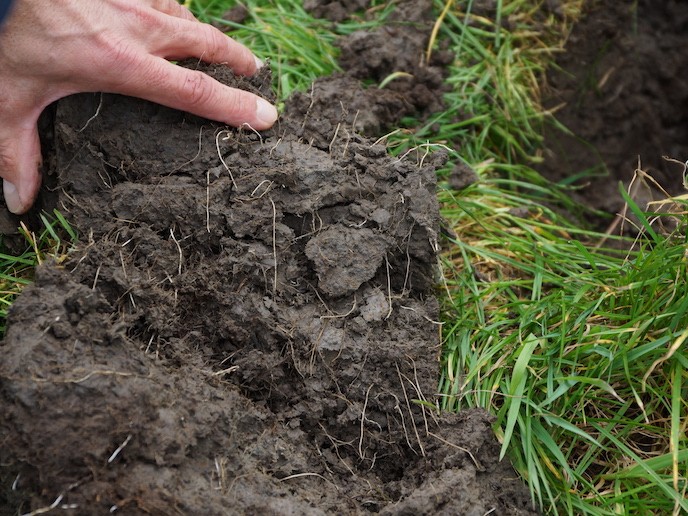Upgrade for Latvian food quality research
The EU has often assisted its newest Member States in upgrading their research capacity. Latvia joined the EU in 2004, and the EU has been helping to improve the country's Research Institute of Biotechnology and Veterinary Medicine Sigra. BALTFOODQUAL was a project funded under the "Research Potential" programme and that ran for three years to early 2011. It aimed to develop the Institute's research capacity in animal feed and food quality research. A second goal was to foster research ability in the Baltic zone, and regional integration into the European Research Area (ERA) via intra-EU collaboration. The broad purpose of the research initiative was to improve consumer health. The team achieved its goals. The scientific and technological potential of the Institute has been developed, particularly through collaboration with other EU groups working in the field. The project enabled six secondments of its staff to research organisations of nearby countries. That allowed the secondees to improve research skills through the use of partner agencies' more advanced equipment, and through planning for future joint research projects. The project also organised reverse secondments, where foreign researchers visited the Institute to provide skills training. Project efforts also fostered advancement of the Sigra Institute's research capacity through the purchase of new equipment for three laboratories. Certain Institute premises were renovated to house the equipment, and the staff was trained in their use. Other collaborative activities included co-publishing of papers, and participation in 23 international events, conferences and workshops. Additional dissemination activities included the production of suitable public materials, and resulted in 31 popular publications about the Institute and five television items. The Institute's upgraded capacity has been demonstrated via considerable new collaborative work initiated with other European organisations. Three proposals for new projects have been submitted, two of which received funding and concluded in 2013. Four patents have been registered, and 43 scientific papers have been published. The Institute also established a National Food Cluster, consisting of academic and industry partners. BALTFOODQUAL has effectively upgraded the research capacity of the Research Institute of Sigra, leading to beneficial collaboration and productive research outcomes.




